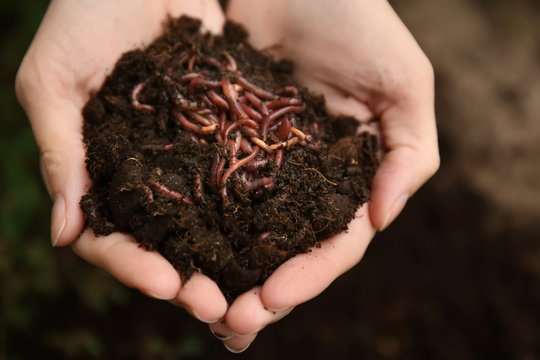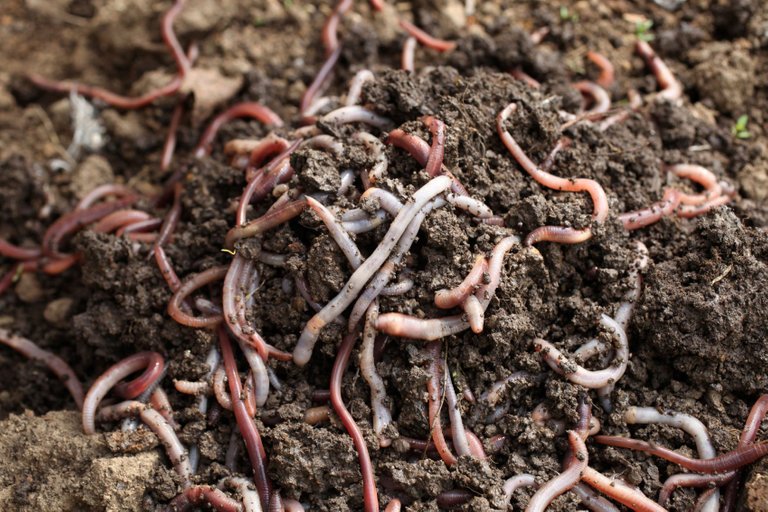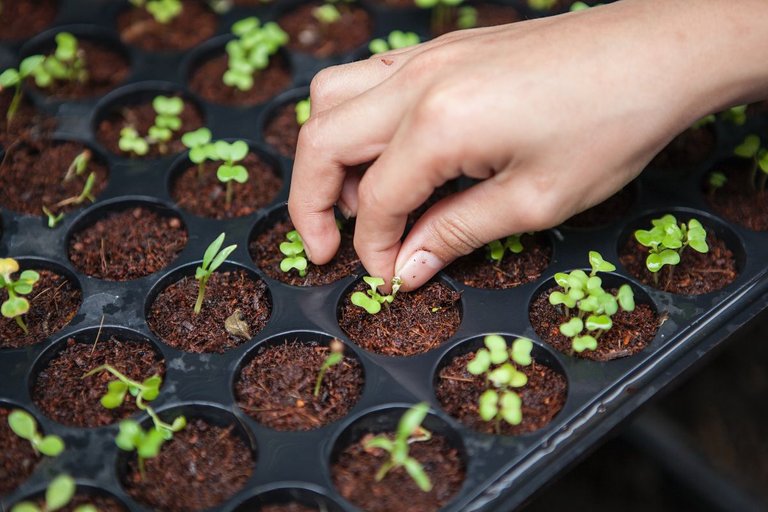Agroecological experiences in vermicompost products as a sustainable production option
When talking about agroecology, vermicompost (vermicomposted vermicompost) is a fertilizer that provides nutrients and myco biota to guarantee the success of crops, hence the need to evaluate its effect to guarantee the sustainable production of crops of interest with the objective of establishing doses and forms of application of organic fertilizers.



▶ For this reason, researchers in agroecology have been studying growth variables, the most relevant to make the decision of transplanting to the field was plant height, and some of their results reflect that the applications of liquid extracts by both techniques behaved significantly better than in solid form, which implies that it is possible to work with lower doses of vermicompost.

▶ Credits: Sustainablefoodplaces. – [Image of Public Domain]
≕ I invite you to stay tuned and read my next contribution ≔
For example, it has been determined that control treatments or the control reached a lower plant height, and with liquid vermicompost extracts (vermicompost vermicompost) reached higher, so that vermicompost applications favor the growth of seedlings, guaranteeing crop production without contaminating soils and water bodies.
Studies have also been developed with the main objective of producing organic fertilizers from aquatic elodea plants present in natural water bodies and evaluating these materials in a vermicompost bioassay under greenhouse conditions.
Among the conclusions of this study, it can be noted that no colony-forming units of total coliforms appeared in the fertilizers, which is important from the point of view of the health of the consumer of the crops that use the organic fertilizers produced. In addition, the production of organic fertilizers from the aquatic plant elodea and its use in agriculture can be a good option to adequately maintain the water mirror of lagoons invaded by this plant.

In the same order, there are field experiences to evaluate the effectiveness of compost based on aquatic plants, and its relationship with the variables photosynthetic capacity, plant height, stem diameter, number of leaves and time lapse from planting to flowering, using a completely randomized experimental design and obtaining positive results.
NOTE: Reference material.
0
0
0.000
0 comments